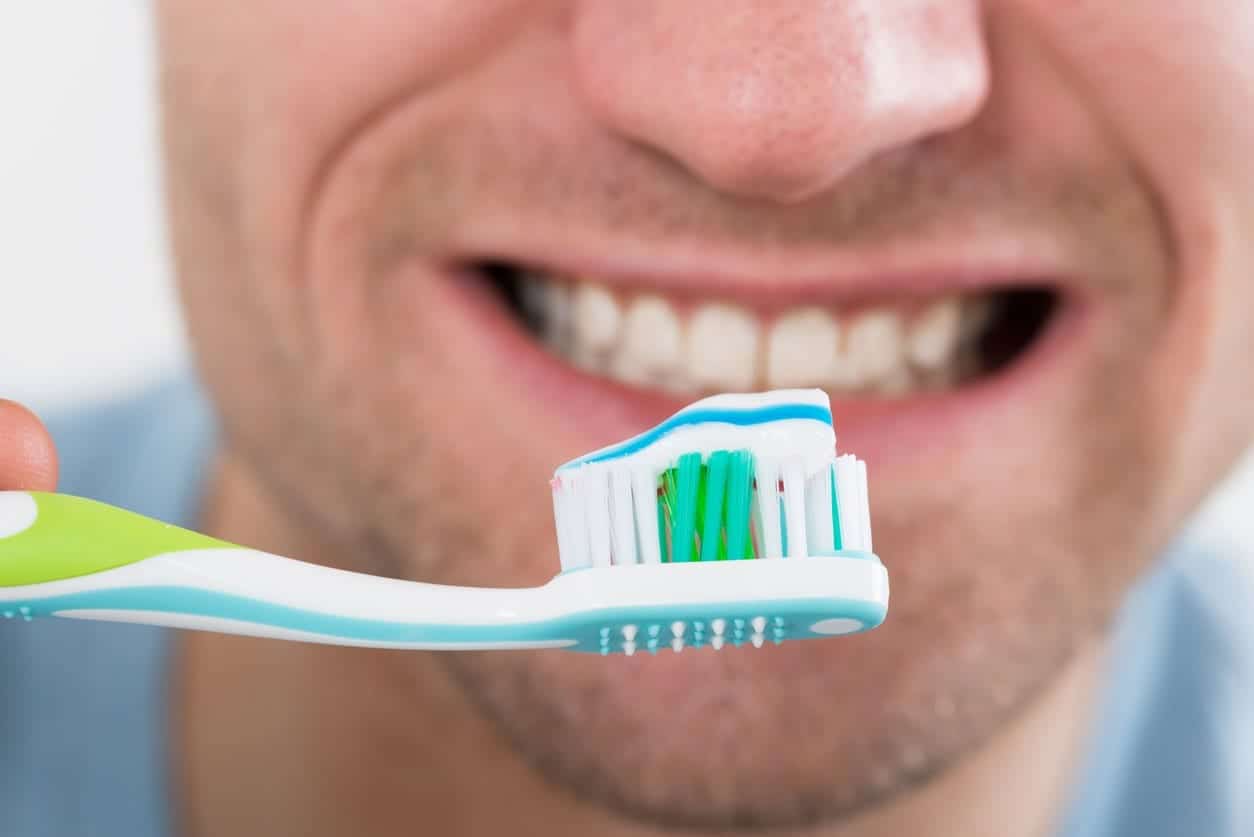
No one wants to hear that they have a cavity. It means having to find time for another visit to the dentist and additional work done on your mouth. More money out of your pocket to pay for that work. You may even have to start thinking about changes to your diet.
If your dentists alerts you to a cavity, though, you need to deal with it as soon as possible. Why? Because once cavities are present in your mouth, they continue to grow. Sugary foods and other leftovers stuck between your teeth only exacerbate this process, and if you put off dealing with it for too long the problem can get a lot worse.
How Exactly Do Cavities Work?
You probably know that eating a lot of candy and soda will give you cavities, but what does that mean? How exactly does it work?
Here’s the simplified version. Every time you eat, the food left in your mouth reacts with bacteria to produce acids. These acids, when left in your mouth for a long period of time, can eat away at the enamel (the outer layer) of your teeth. Eventually, cavities can form. Cavities occur where the teeth bite food, between the teeth, and even around the surface where the teeth are supported by gums.
This is why doctors recommend that you brush or rinse your mouth after every meal. If you do this, the leftover food and acids can be eliminated quicker, giving them less time to eat away at your teeth.
You have to eat, and you can’t prevent bacteria and foods from interacting, so the only real way to protect your teeth is to clean your mouth after meals.
Once the enamel has been eaten through and the underlying layer of the tooth is exposed, you have a cavity. At this point, your dentist will recommend a filling or alternative treatments to fill the tooth and build up its strength so acids and bacteria won’t continue to eat away at the inner parts of the tooth.
What Happens If Cavities Go Untreated
Let’s say you don’t get your cavities filled or treated. You know this causes “problems,” but what happens specifically?
Untreated cavities eventually can grow to the point where they eat through the entire outer layer of the tooth. At this point, the cavity should have been filled. If the damage continues to eat away at the “pulp” (the inside of the tooth), the next step is to get a root canal to solve the issue. During this process, dentists drill a hole to get further inside the tooth, remove the infected or inflamed pulp, then fill the rest of the tooth up like they would with any other cavity.
Root canals are notorious for being rather uncomfortable, but they still let you keep your natural tooth with some filling or a crown. However, if the cavity or tooth decay gets really bad, you might have to go to the dentist and have the entire tooth removed. Dental implants, bridges, or dentures might be necessary to replace individual teeth or groups of teeth that have been impacted by truly severe decay.
Cavity Prevention Is Important, but It Only Goes So Far

It’s important to make an effort to prevent cavities every day and – if possible – after every meal. Some things that you can do on your own include:
- Avoid consuming foods or drinks with excessive sugar, like soda or candy. Make the switch to sugarless gum.
- Brush your teeth (or give them a quick rinse) after every meal.
- Make an effort to floss at least once a day. Flossing removes leftover food or plaque that could be interacting with bacteria in your mouth.
- Replace your toothbrush once every three months. New brushes are able to move around plaque and remove bacteria better than old brushes.
Even after taking all of these precautions, cavities can still form, and here’s something that a lot of people don’t know: many times, a cavity can appear or grow without someone experiencing any symptoms at all. In other words, it can be sitting in your mouth and getting worse without you even knowing it.
The fastest way to identify and treat cavities is to make an appointment with a South Florida dentist. Putting off your regular checkup and cleaning appointments may not feel like a big deal, but it can result in an emergency trip to the dentist down the line.
Want to schedule an appointment now? Reach out to us today.






